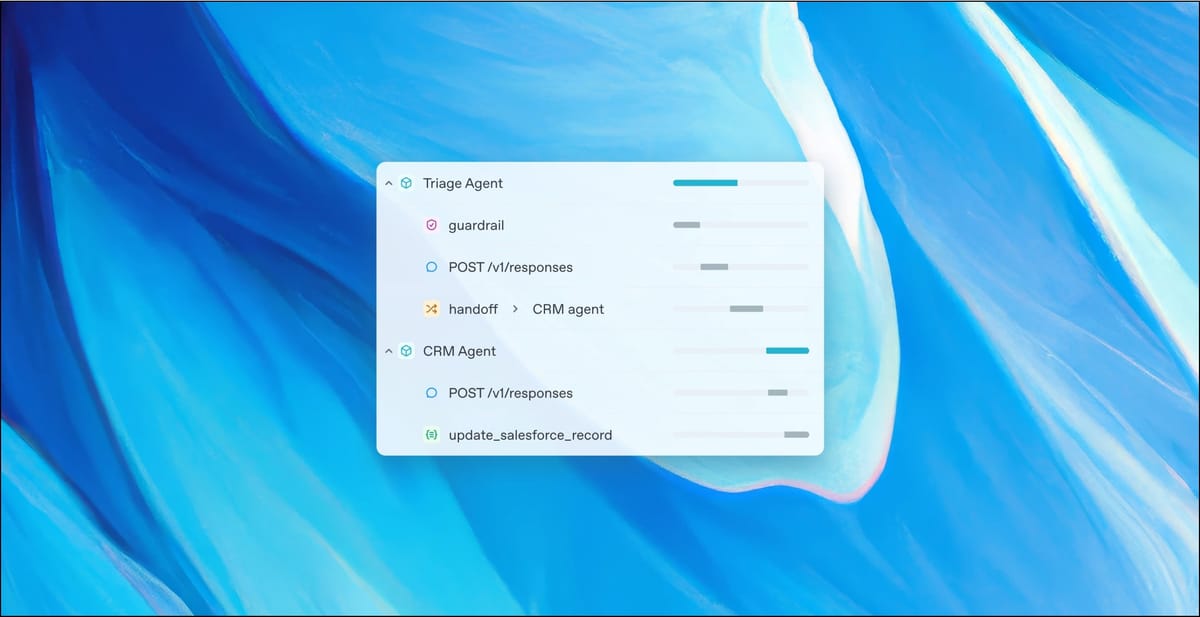
OpenAI has launched a suite of new developer-focused tools designed to simplify and enhance the creation of AI agents – autonomous systems that can independently accomplish tasks on behalf of users. The release marks a significant evolution of their API platform toward more functional, real-world applications.
Key Points:
- Responses API combines chat capabilities with integrated tools like web search and file search.
- Agents SDK is an open-source framework for managing multiple AI agents and orchestrating workflows.
- Computer Use Tool enables AI to interact with computers for automation tasks.
- OpenAI plans to phase out the Assistants API in 2026 in favor of the new Responses API.
The company has introduced the Responses API, which merges capabilities from both the Chat Completions and Assistants APIs, creating a more flexible foundation for developers to build agent-based applications. This new API supports multiple built-in tools including web search, file search, and computer control capabilities.
"2025 is going to be the year of the agent," said Kevin Weil, product lead at OpenAI during the announcement. "It's the year that ChatGPT and our developer tools go from just answering questions to actually doing things for you out in the real world."
The suite of tools includes three key components. The web search tool, powered by the same model behind ChatGPT search, provides real-time information with citations. The file search tool enables efficient information retrieval from large document sets, with new features including metadata filtering and direct search endpoint access. Perhaps most notably, the computer use tool – which powers their Operator feature – enables AI to perform tasks directly on a computer screen through a visual interface.
Complementing these tools, OpenAI also unveiled the Agents SDK, an open-source framework designed for orchestrating complex workflows involving multiple agents. The SDK, evolved from their experimental Swarm project, includes features for agent handoffs, safety guardrails, and comprehensive tracing capabilities for debugging.
A major takeaway from the launch is OpenAI’s shift toward consolidating its APIs. The Assistants API, launched last year, is now set to be deprecated by mid-2026, with OpenAI encouraging developers to transition to the Responses API. The new API is described as a superset of the existing chat capabilities, meaning it includes all previous functionalities while adding multi-tool support.
The new tools could make AI agents more practical in areas like research automation, customer support, and enterprise software operations. Companies such as Coinbase and Box are already using OpenAI’s agentic technology to streamline workflows and enhance productivity.
With these launches, OpenAI is betting on AI agents becoming more than just chatbots—shifting toward systems that can independently act, research, and execute tasks on behalf of users. The Responses API and Agents SDK are available for developers starting today, with more updates expected in the coming months.

